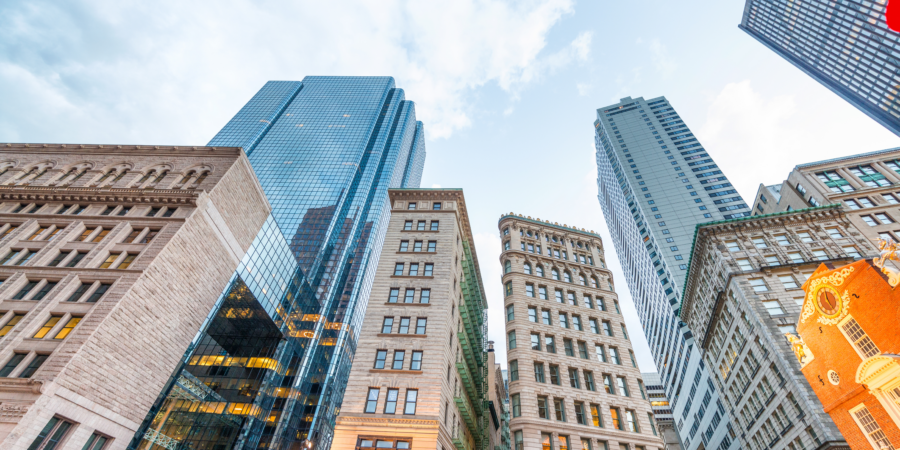Greening our Buildings
From commercial offices to single-family homes, schools to triple-deckers, the majority of our building stock is old and inefficient. The necessary scale of deep retrofits and new construction is staggering – Massachusetts has over two million individual buildings that will each need to be upgraded to be energy efficient and resilient. By taking advantage of proven technology and investing in a green workforce, we have the opportunity to simultaneously address the climate and housing crises. Decarbonizing our buildings will not only reduce emissions but also lower costs, provide good-paying jobs, and improve public health.
We at ELM advocate for:
- A Clean Heat Standard, requiring energy suppliers to continually increase the percentage of clean energy provided to residents and institutions.
- The establishment of a Massachusetts Green Bank to make funding available for decarbonization and clean energy projects, including those in underserved communities.
- Enabling Massachusetts cities and towns to pursue carbon-free building solutions through the implementation of a pilot to ban new fossil fuel hookups in ten municipalities.
- Increasing access to state energy efficiency programs for historically underserved communities.
- The growth of a diverse green workforce to meet demand for building retrofits and decarbonization, fostering more equitable access to job training and skill development in the burgeoning clean economy.
H.3694, An Act relative to the Clean Heat Standard
Sponsor: Rep. Driscoll
Building-related emissions account for 30% of Massachusetts’s total emissions and are the single biggest source of GHG emissions in the City of Boston. This bill establishes a “clean heat standard” for Massachusetts, which would require suppliers to increase the share of heating energy delivered from zero-emission sources over time. This was a central recommendation of the 2022 Commission on Clean Heat.

